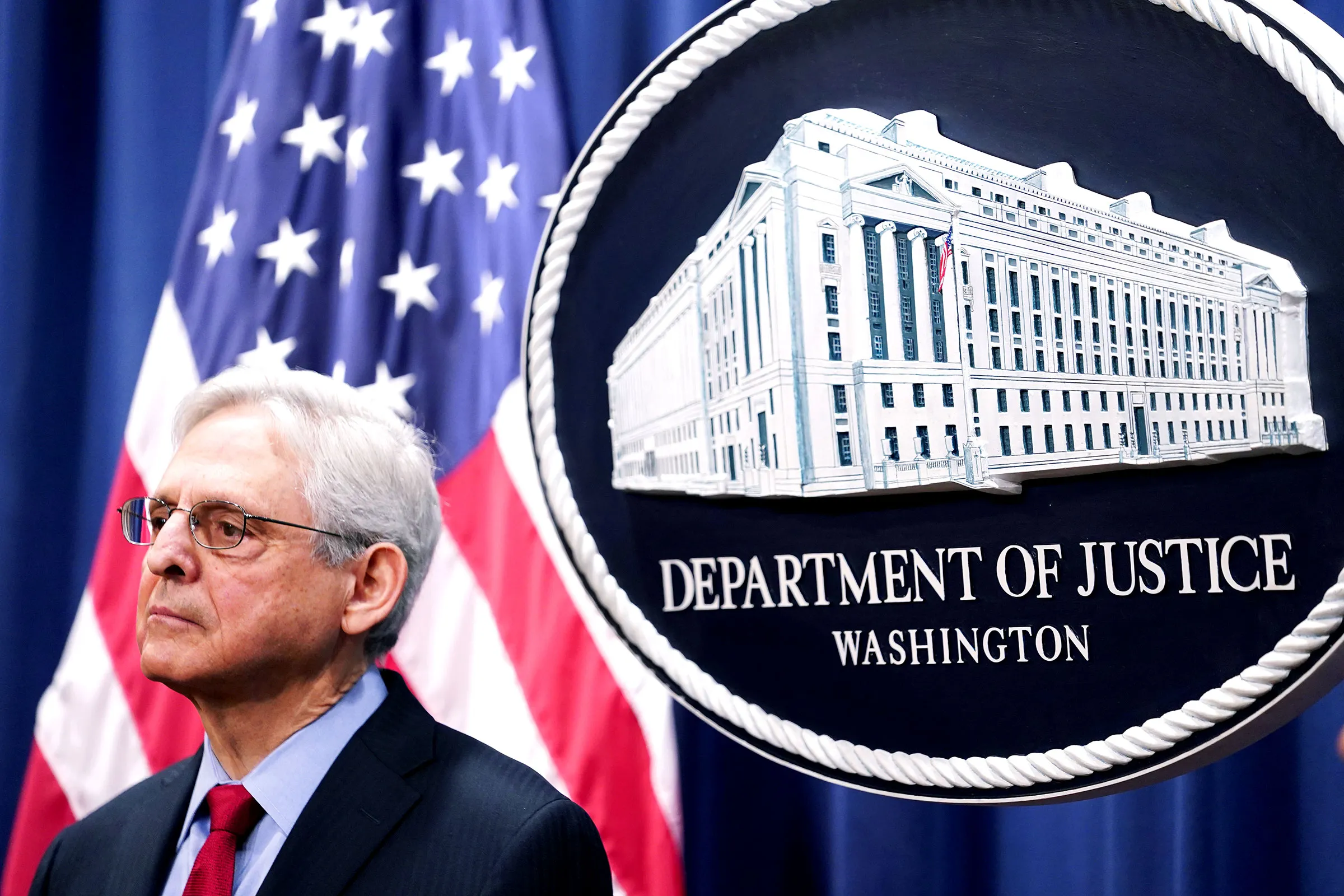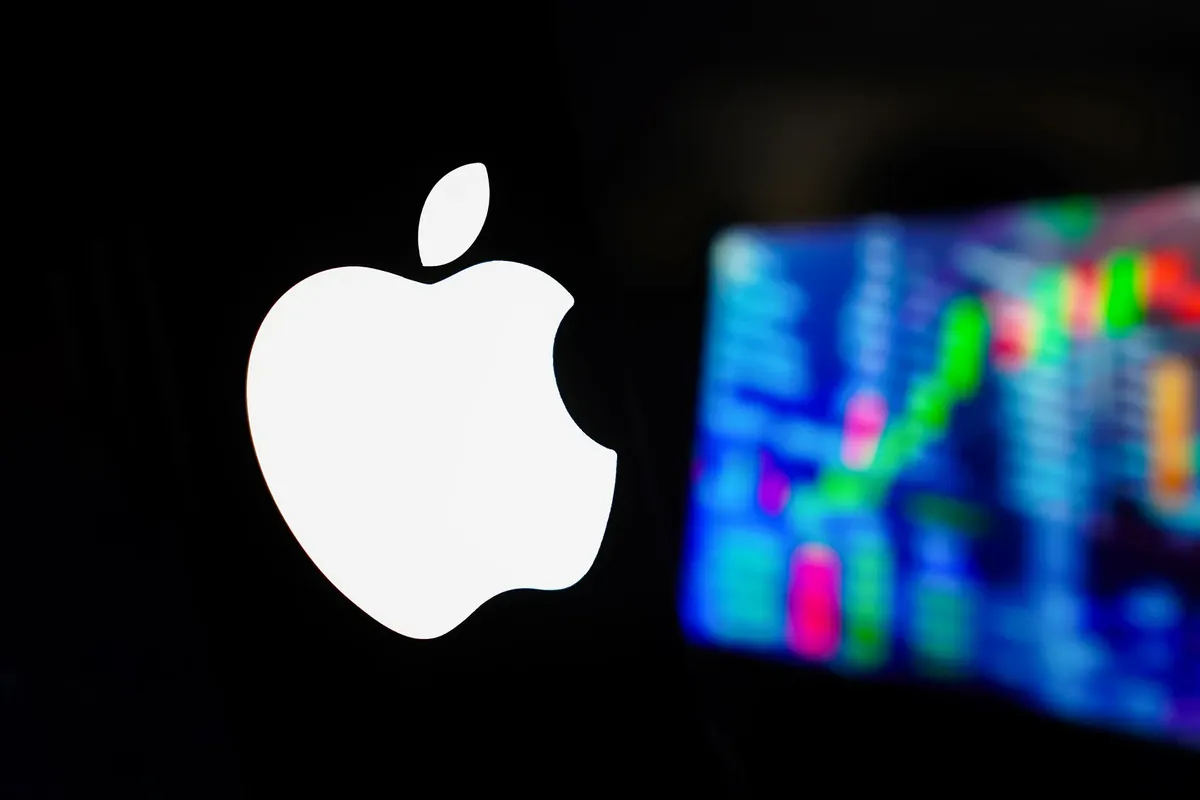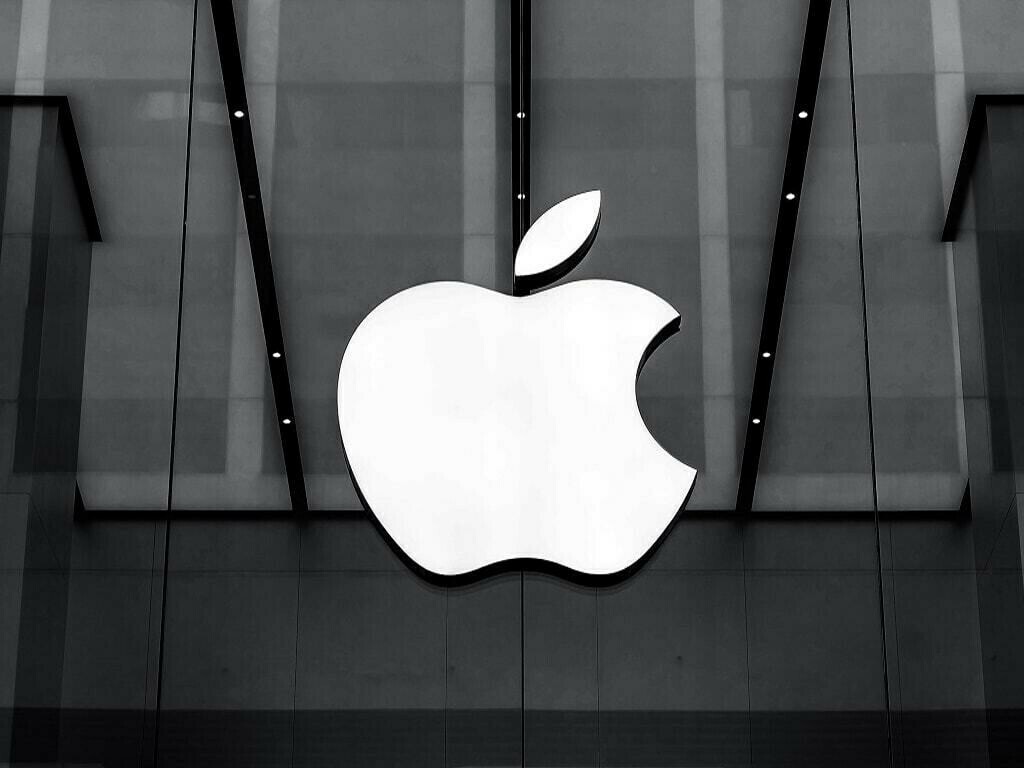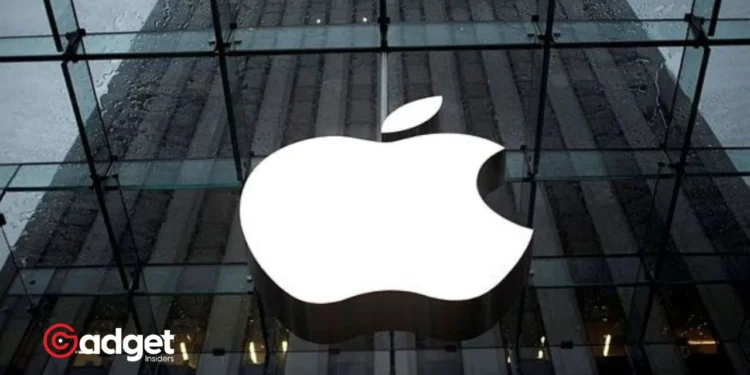In a remarkable move that has sent ripples through the tech world, the U.S. Department of Justice (DoJ) launched a formidable challenge against Apple, accusing the tech behemoth of establishing and unlawfully maintaining a smartphone monopoly. This legal battle marks a significant escalation in the scrutiny of Big Tech’s influence on consumers, developers, and the competitive landscape.

The Heart of the Matter: Allegations and Repercussions
On a day that will be remembered in the annals of antitrust litigation, the Justice Department, bolstered by the support of 16 attorneys general, filed a lawsuit against Apple in the U.S. District Court for the District of New Jersey.
The core of the DOJ’s grievance lies in the tech giant’s alleged engagement in anti-competitive practices that span across its ecosystem – from the ubiquitous iPhone and its App Store to peripherals like smartwatches, Apple Wallet, and communication tools such as FaceTime and iMessage.
Attorney General Merrick Garland minced no words when he accused the tech brand of “violating federal antitrust law,” emphasizing the company’s strategy of employing exclusionary tactics that ostensibly harm consumer choice and stifle innovation.
The DoJ’s assertion that Apple’s dominance is not a product of superior quality but rather a consequence of undercutting competition adds a layer of complexity to the narrative.
The lawsuit points to specific practices such as the imposition of hefty fees on third-party developers within Apple’s ecosystem and alleged restrictions that hinder the seamless interaction between Apple products and third-party apps.
A particularly poignant example cited was the degradation of cross-platform messaging quality, purportedly engineered by the tech company to disadvantage non-iPhone users.

Apple’s Defiant Stance
In response to the lawsuit, Apple has taken a firm stand, voicing strong disagreement and vowing to “vigorously defend” its position. The company warns of a “dangerous precedent” that could emerge if the government is allowed to significantly influence technology design and innovation.
The company’s rebuttal underlines its belief in the lawsuit’s lack of factual and legal merit, positioning itself as the defender of both its corporate ethos and the principles that set its products apart in a fiercely competitive market.
A Broader Context: Market Dynamics and Legal Precedents
The timing of this lawsuit is noteworthy, especially given Apple’s recent ascendancy to the top smartphone maker position by market share in 2023, a distinction it wrested from Samsung for the first time since 2010.
This legal challenge also unfolds against the backdrop of Apple’s contentious battle with Epic Games, highlighting the growing global pushback against the market dominance of Big Tech companies.
Shares of the company experienced a downturn following the announcement, reflecting the immediate financial implications of the lawsuit. However, the broader concern for Apple and its stakeholders lies in the potential long-term impacts on its business model, particularly concerning its dealings with developers and the operational framework of the App Store.
A landmark antitrust lawsuit accuses Apple of imposing rules and restrictions that would allow the company to extract higher fees and thwart innovation and competitive alternatives to its iPhone platform.@LauraAJarrett reports. pic.twitter.com/N20xHUmg18
— NBC Nightly News with Lester Holt (@NBCNightlyNews) March 21, 2024
Expert Insights: Navigating the Legal Labyrinth
Analysts, including Wedbush’s Dan Ives, have weighed in on the suit, predicting a protracted legal battle that could culminate in a landmark U.S. vs. Apple trial.
While immediate changes to Apple’s business model are not anticipated, the consensus among experts is that a settlement, likely accompanied by a significant fine and concessions to developers, may eventually be the company’s most viable exit strategy.
Ives also underscores the suit as an amplification of “headline risk” for Apple, projecting a scenario where the company remains under intensified scrutiny both domestically and internationally.
This legal confrontation is part of a broader escalation of antitrust efforts by the Biden administration against major tech firms, indicating a strategic shift towards more aggressive regulation of the sector.

A Pivotal Moment for Tech and Antitrust Law
As this legal drama unfolds, its implications extend far beyond the courtroom. The outcome of the Justice Department’s lawsuit against Apple could redefine the boundaries of competition, innovation, and monopoly power in the digital age.
It underscores a growing realization among regulators and the public alike that the unchecked ascendancy of tech giants poses complex challenges that demand nuanced, robust responses.
The tech industry, policymakers, and consumers worldwide will be watching closely as this landmark case progresses, potentially setting new precedents for the intersection of technology, law, and market competition.









